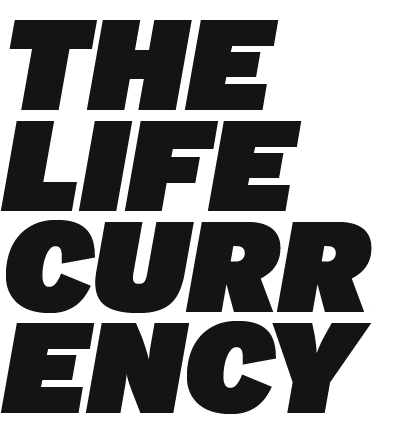Four Ways To Manage Your Finances With Your First Job
There are many different stages in the transition from student to employee. When you receive a job offer, you are probably ecstatic. You have been training for this career for four or more years and cannot wait to get started. That excitement slowly turns into stress when you realize this job is going to have to carry you financially. You realize that college is over and it is time to buckle down and do some “adulting”.
When you receive your first paycheck, you may feel excitement, stress and motivation all at the same time. The stress may come from trying to figure out how to manage it all until your next pay period. Going from a student to a full-time employee can be tough.
Here are four tips for how to manage your finances with your first job:
1. Take Care Of Your Debt
It is very important to know how much debt you owe. Get familiar with how the minimum payments work. Hiding from student loans will only make your financial situation harder. After graduation, there is a six month grace period before student loan payments are due. This gives you enough time to get a job, write out a budget and strategize how your debt repayment will work out. If you do not have student loans, you can skip to number two.
Tip: Student loans typically take about 10 years to pay off. If you want to become debt-free at a quicker rate, try looking for employment opportunities that will allow you to pay more than the minimum payment.
2. Write A Budget
If you work a salary position, you should be able to write up a budget as soon as you recieve your first check. If you are scheduled to get paid semi-monthly, just multiply your check by 2. If you are bi-weekly, you multiply it by 6 and divide by 12. The outcome will show you how much money you will bring home each month. Once you know how much you will bring home, subtract all of your needed expenses such as rent, gas, etc.
Tip: Set a budget for miscellaneous expenses as well.
3. Automate Your Savings
Everyone’s budget and goals are different. Typically, you are supposed to save 10% of your gross income. However, you should always believe you can save more. You decide ultimately what you want to save. But as soon as the money starts rolling in, set up an emergency and retirement fund. The sooner you start, the better. Make the savings automatic so you can set up how much you want taken out of your check into a savings account.
Tip: By setting it and forgetting it, you won’t be tempted into dipping into your saving account.
4. Build Your Credit
Lastly, one of the best things you can do is build your credit. I would suggest only using a credit card for gas. That way, it is an easy expense to pay off each month and can build your credit sufficiently. It will help you build good credit and you can also get great rewards.
Tip: DO NOT think of credit cards as free money. Use them wisely and watch your credit and rewards pay off.

